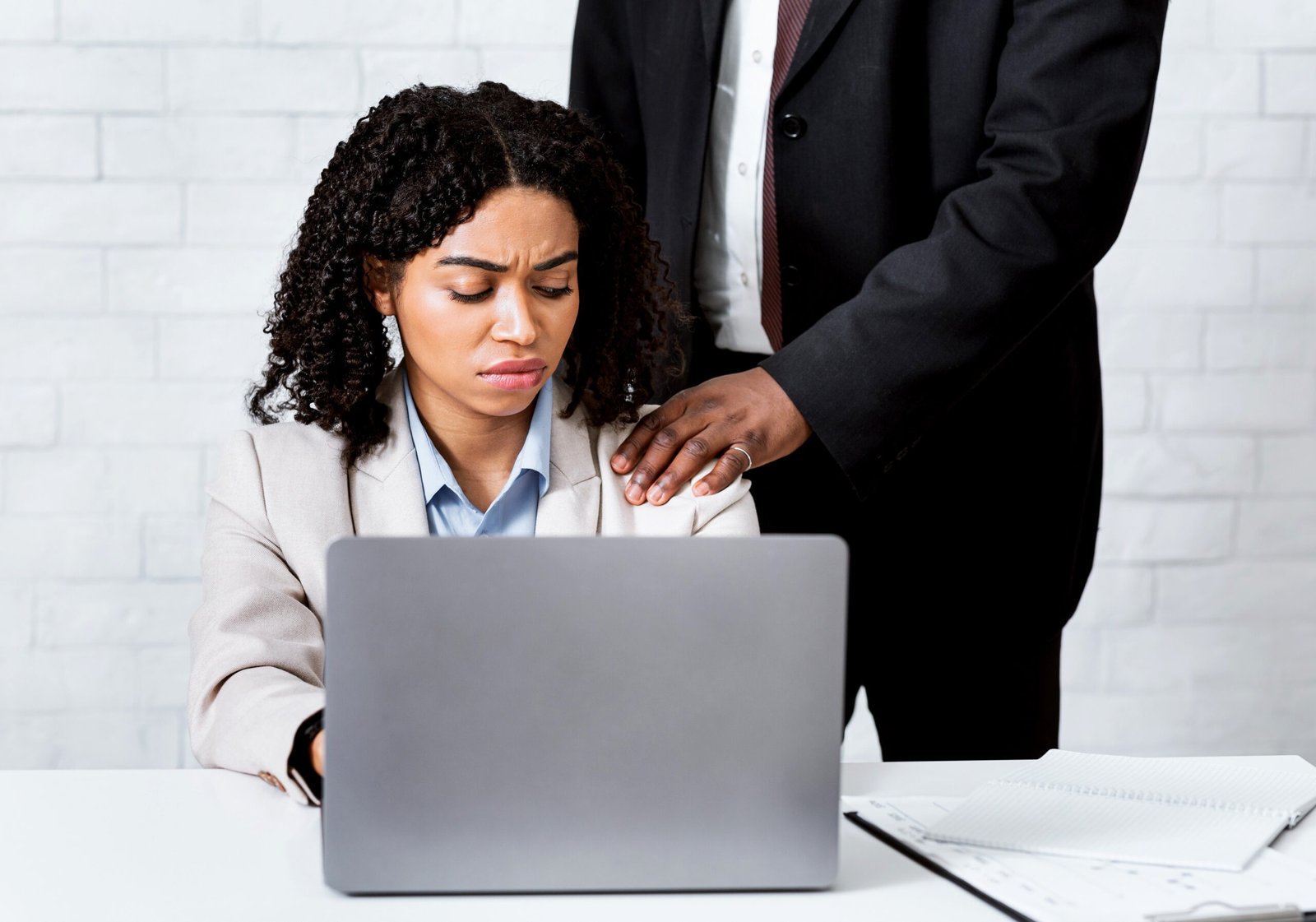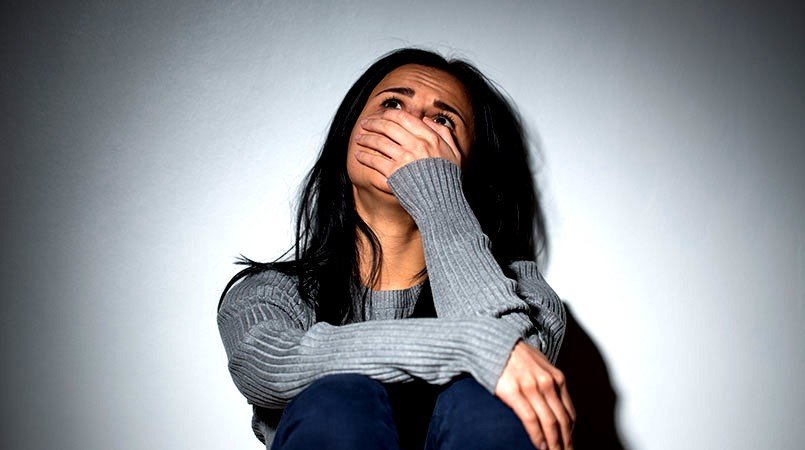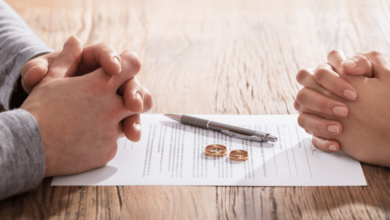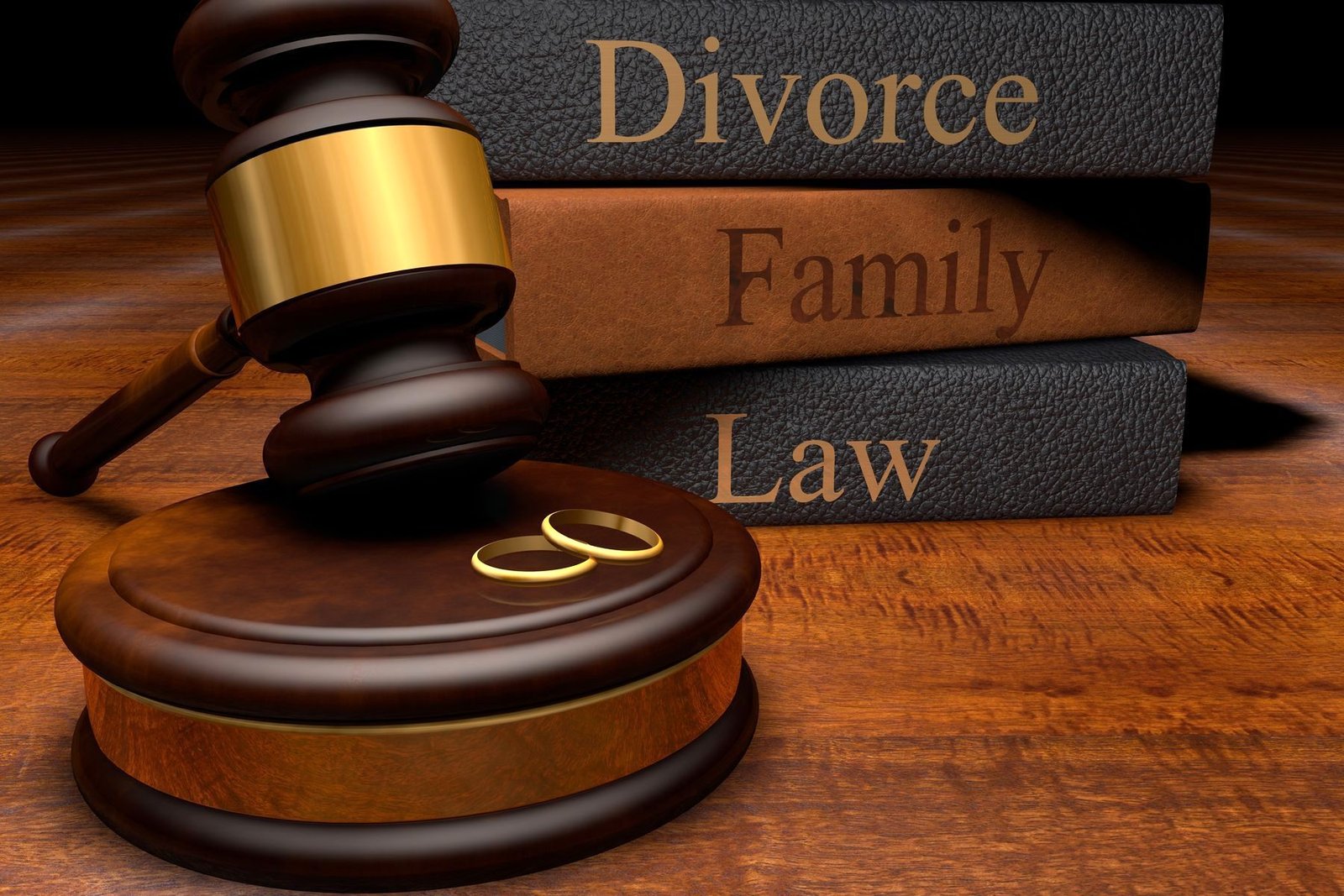Responding to Domestic Violence Legally

Domestic violence is an alarming and pervasive issue that affects individuals and families across the globe. It is a complex problem that requires a multifaceted response, with legal action playing a pivotal role. This comprehensive guide aims to shed light on responding to domestic violence from a legal perspective, offering insights on understanding, recognizing, and addressing this critical issue.
Understanding Domestic Violence
Domestic violence encompasses a range of abusive behaviors that one partner uses to gain power and control over the other in an intimate relationship. This abuse can manifest in various forms, including physical, emotional, psychological, sexual, or financial abuse. Understanding the dynamics of domestic violence is crucial to responding to it effectively.
Recognizing Signs of Domestic Violence
The first step in responding to domestic violence is recognizing the signs. Victims often suffer in silence, making it essential for friends, family, and the victims themselves to identify these signs, which may include:
- Physical injuries: Unexplained bruises, cuts, or broken bones.
- Emotional distress: Anxiety, depression, or extreme mood swings.
- Social isolation: Victims are often cut off from friends and family, losing their support systems.
- Constant fear: A pervasive sense of fear or intimidation within the relationship.
Recognizing these signs is crucial, as it empowers victims and their support networks to take the necessary steps to address the situation.
Legal Recourse for Victims
Filing for a Restraining Order
One immediate legal action that victims can take is filing for a restraining order. This is a court-issued document that legally prohibits the abusive partner from contacting or approaching the victim. It provides a critical layer of protection and safety.
Contacting Law Enforcement
In situations of immediate danger, contacting law enforcement is paramount. Police can respond quickly to the scene, ensuring the victim’s safety and, if necessary, arresting the perpetrator.
Seeking a Protective Order
A protective order goes beyond a restraining order. It not only mandates that the perpetrator stay away but may also include provisions for child custody, visitation, or other necessary legal arrangements. The court issues these orders and offers additional protections to the victim and their children.
Legal Consequences for Perpetrators
Perpetrators of domestic violence can face severe legal consequences. Depending on the severity of the abuse and the jurisdiction, these consequences may range from fines and probation to imprisonment. Holding abusers accountable through the legal system is critical in deterring future abusive behavior.
The Role of Evidence
Documenting Abuse
In legal proceedings, evidence plays a crucial role. Victims should document any instances of abuse thoroughly. This may include:
- Photographs: Document injuries, damaged property, or signs of struggle.
- Text messages and emails: Save communications containing threats or abusive language.
- Medical records: Seek medical attention for injuries and retain records.
All of this evidence can bolster the case against the abuser.
Gathering Witnesses
Witnesses who can testify to the abuse can strengthen the legal case. Friends, family members, or anyone who has witnessed the abuse can be valuable in court proceedings. Encourage them to come forward and provide testimony to support the victim’s claims.
Navigating the Legal Process
Hiring an Attorney
For comprehensive legal support, victims can consider hiring an attorney experienced in domestic violence cases. These professionals can guide victims through the legal process, provide expert advice, and represent their interests in court.
Self-Representation
In cases where hiring an attorney is not financially feasible, victims can consider self-representation. While this can be challenging, there are resources available, such as local legal aid services, to help victims navigate the legal system.
Resources for Domestic Violence Victims
Various organizations and hotlines offer support and resources to domestic violence victims. These organizations play a crucial role in providing safety, counseling, and legal assistance. Some notable resources include:
- National Domestic Violence Hotline: This hotline provides immediate support and resources to victims, connecting them to local shelters and support services.
- Local Women’s Shelters: These shelters offer safe havens for victims, ensuring their safety and providing necessary resources.
Conclusion
Responding to domestic violence legally is a vital step in breaking the cycle of abuse and ensuring the safety of victims. Understanding the signs, seeking legal protection, and gathering evidence empower victims to hold their abusers accountable for their actions. Legal consequences for perpetrators are essential in deterring future violence. Remember, support and resources are available for those in need. If you or someone you know is experiencing domestic violence, do not hesitate to seek help.








2 Comments